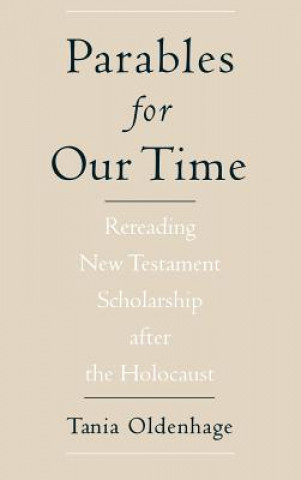
Kód: 04515530
Parables for Our Time
Autor Tania Oldenhage
Over the centuries, New Testament texts have often been read in ways that reflect and encourage anti-Semitism. For example, the parable of the "wicked husbandmen," who kill the son of their landlord in order to seize the land, has ... celý popis
- Jazyk:
 Angličtina
Angličtina - Vazba: Pevná
- Počet stran: 200
Nakladatelství: Oxford University Press Inc, 2002
- Více informací o knize

Mohlo by se vám také líbit
-

Death in San Pietro
1224 Kč -
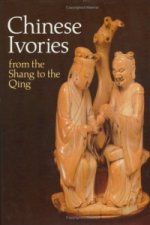
Chinese Ivories
1193 Kč -
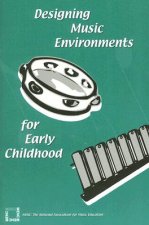
Designing Music Environments for Early Childhood
1193 Kč -

Garden
527 Kč -
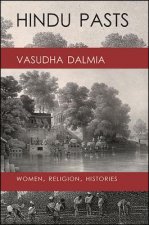
Hindu Pasts: Women, Religion, Histories
3389 Kč -

Damaged Goods
256 Kč -

Mit der Bahn durch NRW
387 Kč
Darujte tuto knihu ještě dnes
- Objednejte knihu a zvolte Zaslat jako dárek.
- Obratem obdržíte darovací poukaz na knihu, který můžete ihned předat obdarovanému.
- Knihu zašleme na adresu obdarovaného, o nic se nestaráte.
Více informací o knize Parables for Our Time
Nákupem získáte 485 bodů
 Anotace knihy
Anotace knihy
Over the centuries, New Testament texts have often been read in ways that reflect and encourage anti-Semitism. For example, the parable of the "wicked husbandmen," who kill the son of their landlord in order to seize the land, has been used to blame the Jews for the death of Christ. Since the Holocaust, Christian scholars have increasingly recognized and rejected this inheritance. In Parables for Our Time Tania Oldenhage seeks to fashion a biblical hermeneutics that consciously works with memories of the Holocaust. New Testament scholars have not directly confronted the horror of Nazi crimes, Oldenhage argues, but their work has nonetheless been deeply affected by the events of the Holocaust. By placing twentieth-century biblical scholarship within its specific historical and cultural contexts, she is able to trace the process by which the Holocaust gradually moved into the collective consciousness of New Testament scholars, both in Germany and in the United States. Her focus is on the scholarly interpretation of the parables of Jesus. She sets the stage with the work of Wolfgang Harnisch who exemplifies the problems surrounding Holocaust remembrance in the Germany of the 1980s and 1990s. She then turns to Joachim Jeremias's eminent work on the parables, first published in 1947. Jeremias's anti-Jewish rhetoric, she argues, should be understood not only as a perpetuation of an age-old interpretive pattern, but as representative of German difficulties in responding to the Holocaust immediately after the war. Oldenhage goes on to explore the way in which Jeremias's approach was challenged by biblical scholars in the U.S. during the 1970s. In particular, she examines the turn to literature and literary theory exemplified in the works of John Dominic Crossan and Paul Ricoeur. Nazi atrocities became part of the cultural reservoir from which Crossan and Ricoeur drew, she shows, although they never engaged with the historical facts of the Holocaust. In conclusion, Oldenhage offers her own reading of the parable of the wicked husbandmen, demonstrating how the turn from historical to literary criticism opens up the text to interpretation in light of the Holocaust. If the parables are to be meaningful in our time, she contends, we must take account of the troubling resonances between these ancient Christian stories and the atrocities of Auschwitz.
 Parametry knihy
Parametry knihy
Zařazení knihy Knihy v angličtině Humanities History History: earliest times to present day
4849 Kč
- Plný název: Parables for Our Time
- Podnázev: Rereading New Testament Scholarship after the Holocaust
- Autor: Tania Oldenhage
- Jazyk:
 Angličtina
Angličtina - Vazba: Pevná
- Počet stran: 200
- EAN: 9780195150520
- ISBN: 019515052X
- ID: 04515530
- Nakladatelství: Oxford University Press Inc
- Hmotnost: 452 g
- Rozměry: 241 × 165 × 19 mm
- Datum vydání: 16. May 2002
Oblíbené z jiného soudku
-
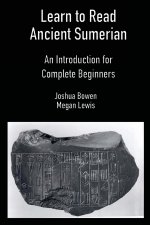
Learn to Read Ancient Sumerian
789 Kč -

Russian Journal
356 Kč -
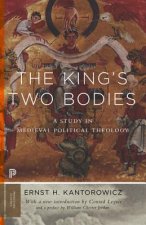
King's Two Bodies
680 Kč -
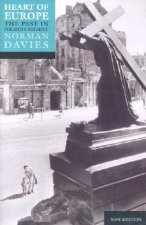
Heart of Europe
517 Kč -

Armies of Castile and Aragon 1370-1516
441 Kč -
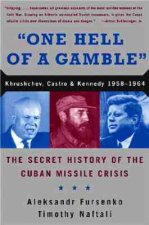
One Hell of a Gamble
677 Kč -
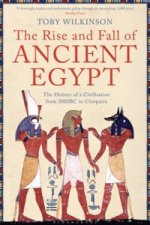
Rise and Fall of Ancient Egypt
463 Kč -

Guns, Germs, and Steel
298 Kč -
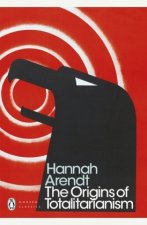
The Origins of Totalitarianism
290 Kč -
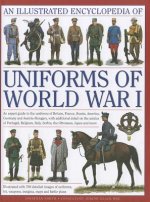
Illustrated Encyclopedia of Uniforms of World War I
543 Kč -

The Art of Combat
880 Kč -
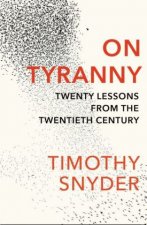
On Tyranny
212 Kč -
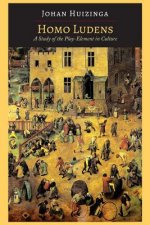
Homo Ludens
303 Kč -
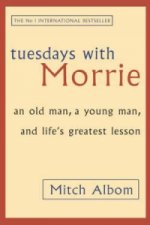
Tuesdays With Morrie
302 Kč -

History of the Decline and Fall of the Roman Empire
356 Kč -
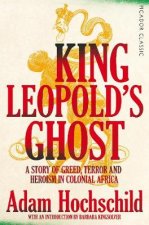
King Leopold's Ghost
302 Kč -
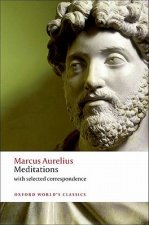
Meditations
223 Kč -
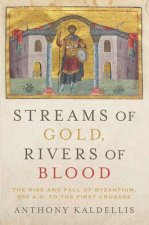
Streams of Gold, Rivers of Blood
775 Kč -

Travels of Ibn Battutah
302 Kč -
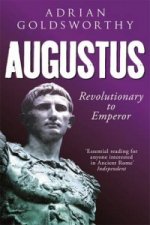
Augustus
410 Kč -
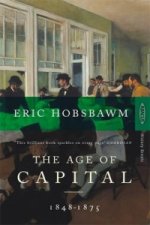
Age Of Capital
410 Kč -
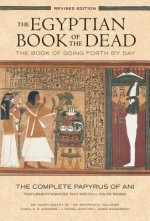
Egyptian Book of the Dead: The Book of Going Forth by Day : The Complete Papyrus of Ani Featuring Integrated Text and Full-Color Images (History ... M
730 Kč -

Deng Xiaoping and the Transformation of China
788 Kč -
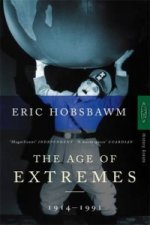
Age Of Extremes
487 Kč -

John Skylitzes: A Synopsis of Byzantine History, 811-1057
969 Kč -
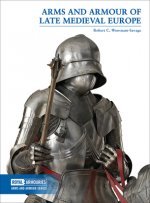
Arms and Armour of Late Medieval Europe
276 Kč -

Alexander the Great
421 Kč -
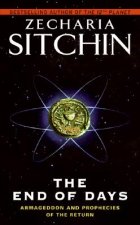
End of Days
204 Kč -

Shake Hands With The Devil
378 Kč -
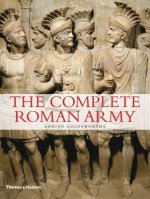
Complete Roman Army
543 Kč -
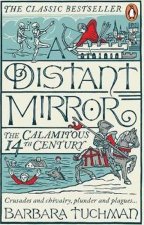
Distant Mirror
356 Kč -
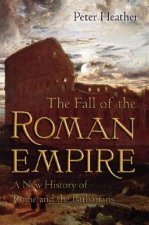
Fall of the Roman Empire
614 Kč -

Fifties
485 Kč -

After the Ice
463 Kč -

Histories
146 Kč -

Savage Continent
410 Kč -

Oxford IB Diploma Programme: The Cold War: Superpower Tensions and Rivalries Course Companion
1371 Kč -
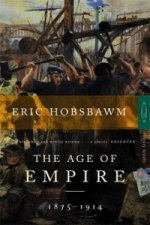
Age Of Empire
410 Kč -

Pompeii
302 Kč -

Life in a Cave
177 Kč -
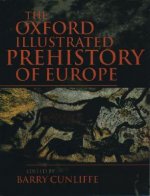
Oxford Illustrated History of Prehistoric Europe
874 Kč -

On the Ocean
923 Kč -
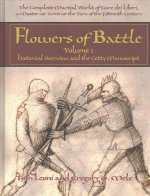
Flowers of Battle The Complete Martial Works of Fiore dei Liberi Vol 1
3491 Kč -
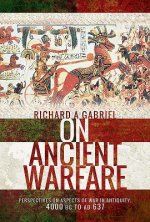
On Ancient Warfare
765 Kč -

Access to History for the IB Diploma: Causes and effects of 20th-century wars Second Edition
905 Kč -

Safe Area Gorazde
517 Kč -

Yoga Body
456 Kč -
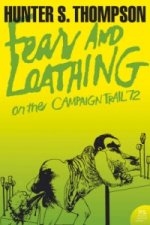
Fear and Loathing on the Campaign Trail '72
356 Kč -

Fall of Carthage
410 Kč
Osobní odběr Praha, Brno a 12903 dalších
Copyright ©2008-24 nejlevnejsi-knihy.cz Všechna práva vyhrazenaSoukromíCookies



 Vrácení do měsíce
Vrácení do měsíce 571 999 099 (8-15.30h)
571 999 099 (8-15.30h)